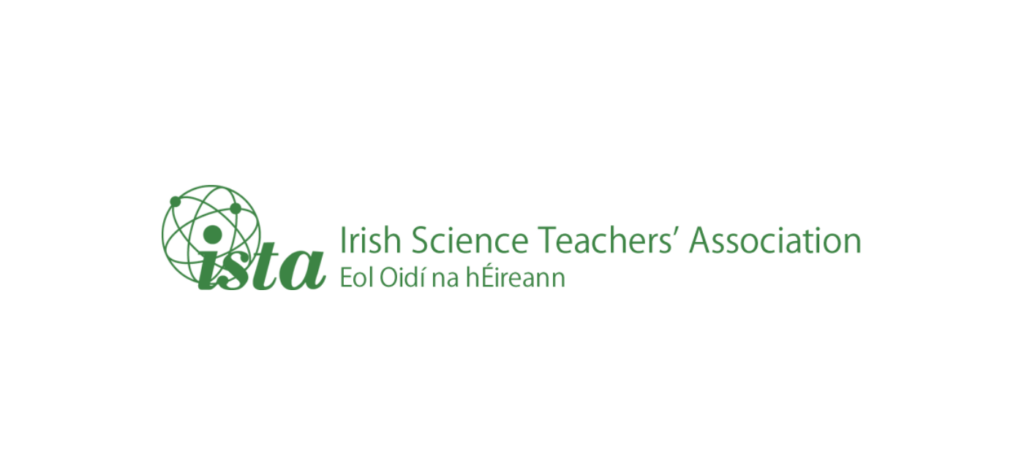7 Simple Rules for Teaching

7 Simple Rules for Science Teaching, from the RSC. 25 useful ideas to transform your teaching. Available from eic.rsc.org/simple-rules.

7 Simple Rules for Science Teaching, from the RSC. 25 useful ideas to transform your teaching. Available from eic.rsc.org/simple-rules.
Education in Chemistry will be delivered to all Irish Schools from September 11th.
EiC is the flagship chemistry education magazine from RSC. It actively promotes innovative teaching and sharing best practice.
In this issue:
• News – Variety in Chemistry Education conference, National Teaching fellowships and the OU’s new online laboratory.
• Regulars – include the hidden devil of phosphorus, demonstrating the polarity of solvents using a microwave oven and the problem of doping in athletics.
• Features – empowering students to learn in flipped lectures, the science of sorting waste materials, a breakthrough in atmospheric science and discovering the deadly chemistry hidden in mushrooms.
• Opinion – Robert Parker on celebrating the past and supporting the future of chemistry education.
You will also receive a copy of The Mole – the magazine for students and those inspired to dig deeper into chemistry. Students can read the online version at www.rsc.org/TheMole – this investigates the sumptuous chemistry of chocolate, joining in with the Global Experiment, exploring the chemistry of alien atmospheres and finding out what it takes to be a chemical engineer.
The Royal Society of Chemistry now have an online course on Quantitative Chemistry. It will be FREE for a limited time.
Quantitative chemistry is a very important branch of chemistry because it enables chemists to calculate known quantities of materials. For example, how much product can be made from a known starting material or how much of a given component is present in a sample.
Quantitative analysis is any method used for determining the amount of a chemical in a sample. The amount is always expressed as a number with appropriate units. An acid-base titration is an example of quantitative analysis. In this module you will learn about the core ideas or building blocks that are required for a deep understanding of quantitative chemistry. You will start to appreciate how relatively simple ideas develop and progress to more complex calculations as more knowledge is acquired. This line of progression is clearly seen within the thread of ideas, which may be used as a point of reference. After working through this module you will be able to:
Getting to know the dashboard When you first log in you will be taken to the dashboard. This is like the control room where you…
The RSC will be setting up an office for an employee based in the Republic of Ireland. The role is advertised on the RSC website at http://www.rsc.org/AboutUs/rscwork/rsc-programme-manager.asp. It has a closing date of 14 March 2014. The position requires some experience, and would not be suitable for a recent graduate.
The Sunspotter.org team at Trinity College Dublin are looking for a highly motivated and enthusiastic teacher to develop lesson plans for transition year students based around Sunspotters.org. The teacher will lead the development of the lesson plans and produce a workbook and description of the lessons by the end of the project period.
Sunspotter.org is an citizen science project that was recently launched internationally. Members of the public work as part of a global team to better understand sunspot and solar storm phenomena and their impacts on Earth. They do this by ‘rating’ the relative complexity of each sunspot image they see on the Sunspotter website, based on its size, shape and arrangement of ‘magnetic blobs’. You can read more about the project at http://phys.org/news/2014-06-astrophysicists-sunspots.html.
The teacher will be paid EUR 500 per week for 6 weeks. Please send a CV and cover letter to peter.gallagher@tcd.ie by July 9th detailing why you are interested in the project and how your experience is suited to the project. Start date is as soon as possible. The teacher will be based in the Solar Physics Group at Trinity College Dublin.
